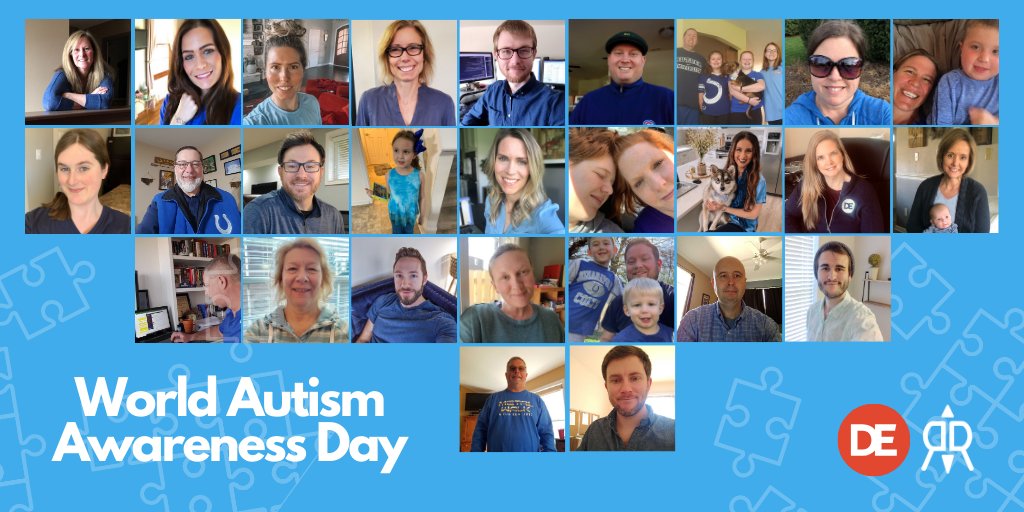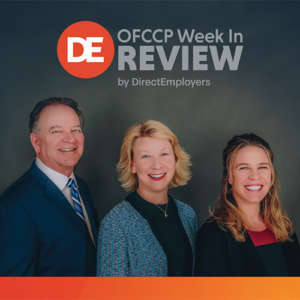
- IG Report Blasts OFCCP Construction Audits–Including Bonus Feature
- Big Changes Ahead for OFCCP Construction Programs
- VETS Champion Veteran Hiring Award
- EEOC Continues to Serve Amid COVID-19 Crisis
- NLRB Final Rule – Three Amendments
- NLRB Resumes Representation Elections
- DE & NASWA Launched “NeedAJobNow” Website
- IRS Issued FAQs on FFCRA Sick Leave and Tax Credits
- OFCCP Ensured Data Safety
- World Autism Awareness Day
- National Dialogue on COVID-19 Extended
- OFCCP Updates for FAAPs
- March Employment Situation Released
- OSHA Issued Respirator Guidance
- Disability:IN Launched COVID-19 Response Series
- OFCCP Sent National Exemption Reminder
- OFCCP Announced New Online Course
- USDOL Announced Additional FFCRA Guidance
- NLRB Launched a New Website
- WHD Issued Temporary Rule on Paid Leave under FFCRA
- Bonus Feature: Section 3610 of the CARES Act Provides Potential Additional Relief for Qualified Federal Contractors
Friday, March 27, 2020: IG Report Blasts OFCCP Construction Audits
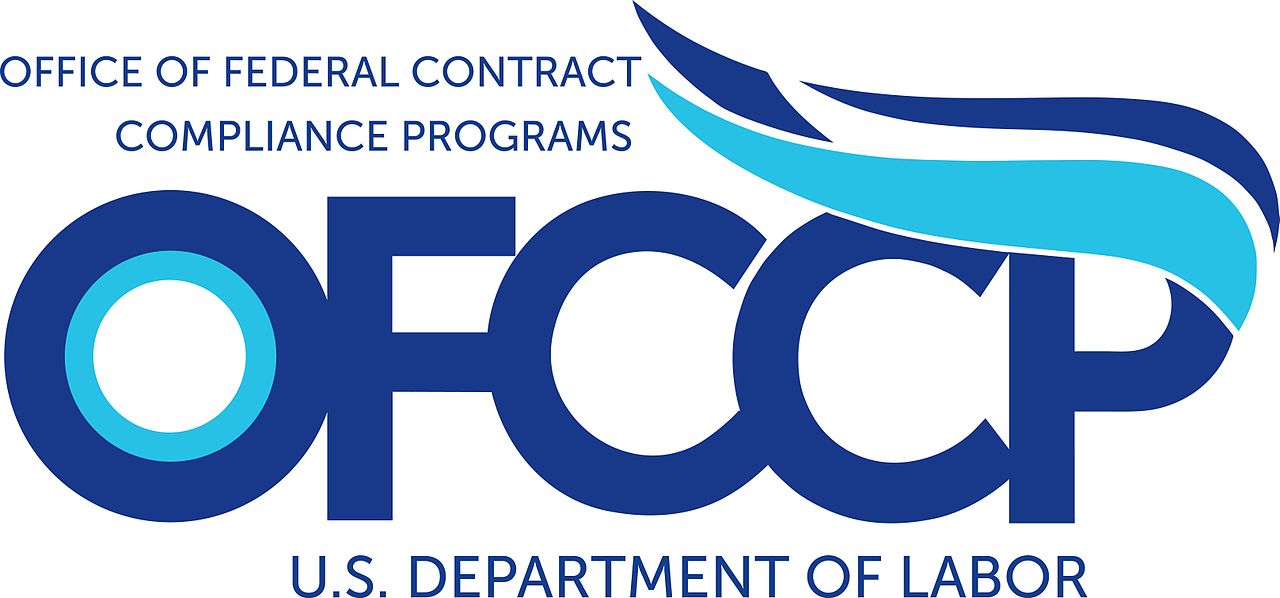
This Inspector General Report has been in the offing for years. Its recent release recommends no less than that OFCCP start over (start from scratch) as to the way OFCCP selects construction contractors for audit. The IG also recommends OFCCP bring its goals program for minorities and women forward 40 years. It is that out of date: almost a half-century. The IG did not address the only other major component of OFCCP’s construction program: the way OFCCP undertakes construction audits (which are generally non-controversial, fast-moving, and short duration affairs, although heavy on paperwork gathering and reporting).
All in all, the IG’s Report paints a rather dismal picture of OFCCP neglect of its construction contractor program going back at least to the beginning of the Obama Administration and continuing to date in the Trump Administration. The Report, thus, does not suggest political causes for the malaise in OFCCP’s construction program, as opposed to just mere neglect and a lackadaisical comme ci comme ça approach lacking dedication to excellence in construction audits at all levels of OFCCP.
Read more about it in today’s bonus feature!
Friday, March 27, 2020: Big Changes Ahead for OFCCP Construction Programs

This Inspector General (IG) Report is a backdoor window reporting on OFCCP’s upcoming plans to begin to wrench itself out of the construction industry enforcement malaise in which the Agency finds itself. Here is what is on the horizon:
- A centralized audit scheduling “case management system” coming in FY 2021 based on contractor risk of non-compliance.“Looking forward, OFCCP officials said they planned to implement a new case management system in FY 2021 to include construction modules and reporting capabilities. This new system would allow OFCCP to centralize construction scheduling, giving it the ability to perform data analyses and schedule contractors for compliance evaluations. It would also have features that do not currently exist, such as ad hoc reporting of real-time transactional data and summary counts. Moreover, OFCCP could use this system to schedule contractors by risk of non-compliance.” (See pp. 7-8 of IG Report)
- A contractor “notification of construction contract award portal” (NCAP) coming.
“OFCCP has taken significant steps to centralize its scheduling of construction contractor compliance evaluations to ensure that its scheduling policies and practices comport with the Fourth Amendment standards and case law, including Baker DC, LLC v. Acosta, No. 1:17-CV-530, 2018 WL 1696799 (S.D. Ohio Apr. 6, 2018). In this effort, OFCCP has developed a Notification of Construction Contract Award Portal (NCAP) in which OFCCP uploads all contract award notifications. OFCCP will use NCAP to develop a central scheduling list to neutrally select construction contractors for compliance evaluations. OFCCP anticipates making the NCAP portal (sic) available to federal construction contractors and subcontractors for their use in Fiscal Year 2020.” (See p. 24 of IG Report which is p.3 of OFCCP’s written letter response to the IG’s Report.)Editor’s Note: OFCCP’s audit selection architecture is to thus “squeeze from both sides:” gathering from federal Agency contracting officers information about prime federal Government construction contracts and also about any subcontractors the federal Agency contracting officers might just be aware.Note: There is no reliable, current to real-time, or complete system of federal records recording covered federal Government construction subcontracts. OFCCP will gather evidence of covered federal Government construction contracts and subcontracts from covered contractors and subcontractors through the coming NCA portal (or NCAP).Editor’s Note: Construction Contractors, please do not forget that OFCCP Rules already require you to report to OFCCP construction contract awards. See 41 CFR Section 60-4.2(c).
- A transparent construction audit methodology is coming.“OFCCP has committed to publishing its scheduling methodology for construction compliance evaluations.” OFCCP gave no date. See EDITOR’s NOTE below, after #4. See the beginning of bottom half of p. 24 of IG Report, which is p.3 of OFCCP’s written letter response to the IG’s Report.
- An OFCCP methodology to identify “likely (construction contractor) violators” unknown. “…the agency commits to studying the best strategies for identifying and scheduling likely violators in this industry.” See beginning of bottom half of p. 24 of IG Report, which is p.3 of OFCCP’s written letter response to the IG’s ReportEditor’s Note: It appears that OFCCP has the NCA portal currently open for the Agency’s internal use [“OFCCP has developed a…NCAP in which OFCCP uploads”] and is loading NCAP with contract awards. It plans to open the portal to contractors later this Fiscal Year 2020 [“OFCCP anticipates making the NCAP portal (sic) available to federal construction contractors and subcontractors … in Fiscal Year 2020”]. Then, at some later date, it appears OFCCP intends to start using the contract award information in the NCAP to make audit selections. Federal Government agencies, like OFCCP, and especially OFCCP, prefer to launch significant new enforcement programs, like NCAP auditing, at the beginning of a new Fiscal Year. So, the question then becomes whether OFCCP would be ready to start NCAP “likely violators” auditing on October 1, 2020 (start of Fiscal Year 2021) or October 1, 2021 (start of Fiscal Year 2022). Because OFCCP has not identified a “likely violators” audit selection protocol as of the March 20, 2020 date of its response letter to the IG Report, and since OFCCP has been thinking about this problem since at least the April 2018 (two years ago) decision in the Baker DC, LLC case, and OFCCP is “working remote” through this pandemic, it is more likely than not that OFCCP will not be ready and able to commence “likely violators” construction contractor audit selections until October 1, 2021 (for FY 2022).
- OFCCP promising, or not, an update of its 40-year-old construction goals.
OFCCP has pledged to “Update participation goals for minorities and females, and implement processes to keep all participation goals current.”* * * * *
While engaging in rulemaking to update the participation goals would be an extensive undertaking. OFCCP is committed to exploring this option.” See paragraph 2. at bottom 1/3rd of p. 24 of IG Report, which is p.3 of OFCCP’s written letter response to the IG’s Report.
Editor’s Note: WOW! That was a tepid and evasive lawyer-like OFCCP response … “OFCCP is committed to exploring this option.” (emphases added) OFCCP is obviously going to be dragged kicking and screaming to any update of its 40-year-old construction goals. Cutting through the bureaucratic language of that remarkable sentence (which at least three senior OFCCP managers likely wrestled to finality in collegial body discussion about how to fill the page with words, but say nothing):
– “committed to exploring”: thus, OFCCP is committed to thinking about the issue, but is not yet committed to updating the goals as the IG recommends.
– “this option”: thus, OFCCP does not think that updating the 40-year-old goals is necessarily the best way to proceed (maybe a Republican Administration does not want to have its fingerprints on a regulatory endorsement of “goals,” even though President Nixon’s USDOL created and implemented in 1972 the concept of OFCCP “goals” in affirmative action planning: not Johnson or Kennedy).
Read all together, OFCCP’s response on updated construction goals appears to be an evasive and non-specific answer designed as a long hang-time punt. This suggests OFCCP’s current policy position is to put this issue on the back-burner and think about it when time permits.
ALSO, construction goals raise, again, the long-delayed and overdue goals nomenclature problem: what exactly are these goals, what is a “participation goal” (and how different from a “Placement Goal,” different from a “Utilization Goal,” and different from a “Benchmark for hires”) and is the word “participation” code for numerical or quota hiring? The “participation” goal language was born in the Carter Administration OFCCP, which initially thought quota hiring and promotions were lawful. Once the Carter OFCCP better understood that Title VII law did not permit quota employment transactions, it fell back to a “wink-wink” approach that decried quotas different from goals, but tried to encourage both unknowing, and separately, oftentimes willing, recruiters and HR managers to seize on suggestive language like “participation” goals which sounded like a sense of obligation (did not sound like an availability measure, but rather sounded like a hiring obligation)…i.e., the percentage which has to “participate:: i.e., be hired…or language like “goals and timetables,” which suggested an urgency…a near term obligation to hit “the number.” And, of course, this babble arose among the cacophony of many different OFCCP non-regulatory enforcement efforts to enact quotas in the form of “goals”…like: “Ultimate Goals,” “Interim-Ultimate Goals,” and the “Whole Person Rule” (complete with senior Carter OFCCP officials debating internally for a half-day whether contractors should round up or round down when calculating fractional percentage goals and converting them to numeric goals for Hiring Managers). Of course, the Clinton Administration formally, in writing, in what are today current OFCCP Rules, flatly banned both numerical goals and timetables following on the heels of the Reagan Administration which had sternly banned them, but only via oral podium policy.
OFCCP always dreads opening up the discussion as to what the Agency’s goals really mean, because it starts OFCCP down very slippery legal slopes. More discussion about goals also creates greater clarity as to what they are not and opens the eyes of many HR Managers who still innocently believe “goals” are not mere percentage availability calculations designed for the use of recruiters to know if their candidate searches are sufficiently complete and inclusive, but rather are a lawful way to somehow implement, in fact, otherwise unlawful quotas.
Monday, March 30, 2020: VETS Champion Veteran Hiring Award

Need a competitive nudge? Check out the interactive map showcasing last year’s winners.
Bonus!
Federal contractors which apply for and receive a 2020 HIRE Vets Medallion Award will not need to submit a VETS-4212 report in the year following receipt of the Award!
Monday, March 30, 2020: EEOC Continues to Serve Amid COVID-19 Crisis

The EEOC has closed its physical offices to the public and implemented agency-wide expanded telework. The Agency continues to work remotely across the private and federal sectors, and in its efforts to educate the public about their workplace rights and responsibilities. The EEOC’s private sector litigation continues, following the courts’ rules where the cases are filed.
Wednesday, April 1, 2020: NLRB Final Rule – Three Amendments
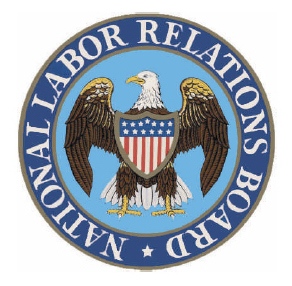
The amendments, proposed by the Board on August 12, 2019, and as modified in the Final Rule, include:-
Blocking Charge Policy
The amendment replaces the current blocking charge policy with either a “vote-and-count” or a “vote-and-impound” procedure. Unfair labor practice charges will no longer block an election.
Voluntary Recognition Bar
The amendment returns to the rule of Dana Corp., 351 NLRB 434 (2007). For voluntary recognition under Section 9(a) of the Act to bar a subsequent representation petition (and for a post-recognition collective-bargaining agreement to have contract-bar effect) unit employees must receive notice that voluntary recognition has been granted and are given a 45-day open period within which to file an election petition.
Section 9(a) Recognition in the Construction Industry
The amendment states that in the construction industry, where bargaining relationships established under Section 8(f) cannot bar petitions for a Board election, proof of a Section 9(a) relationship will require positive evidence of majority employee support and cannot be based on contract language alone, overruling Staunton Fuel, 335 NLRB 717 (2001).
Wednesday, April 1, 2020: NLRB Resumes Representation Elections

Wednesday, April 1, 2020: DE & NASWA Launched “NeedAJobNow” Website
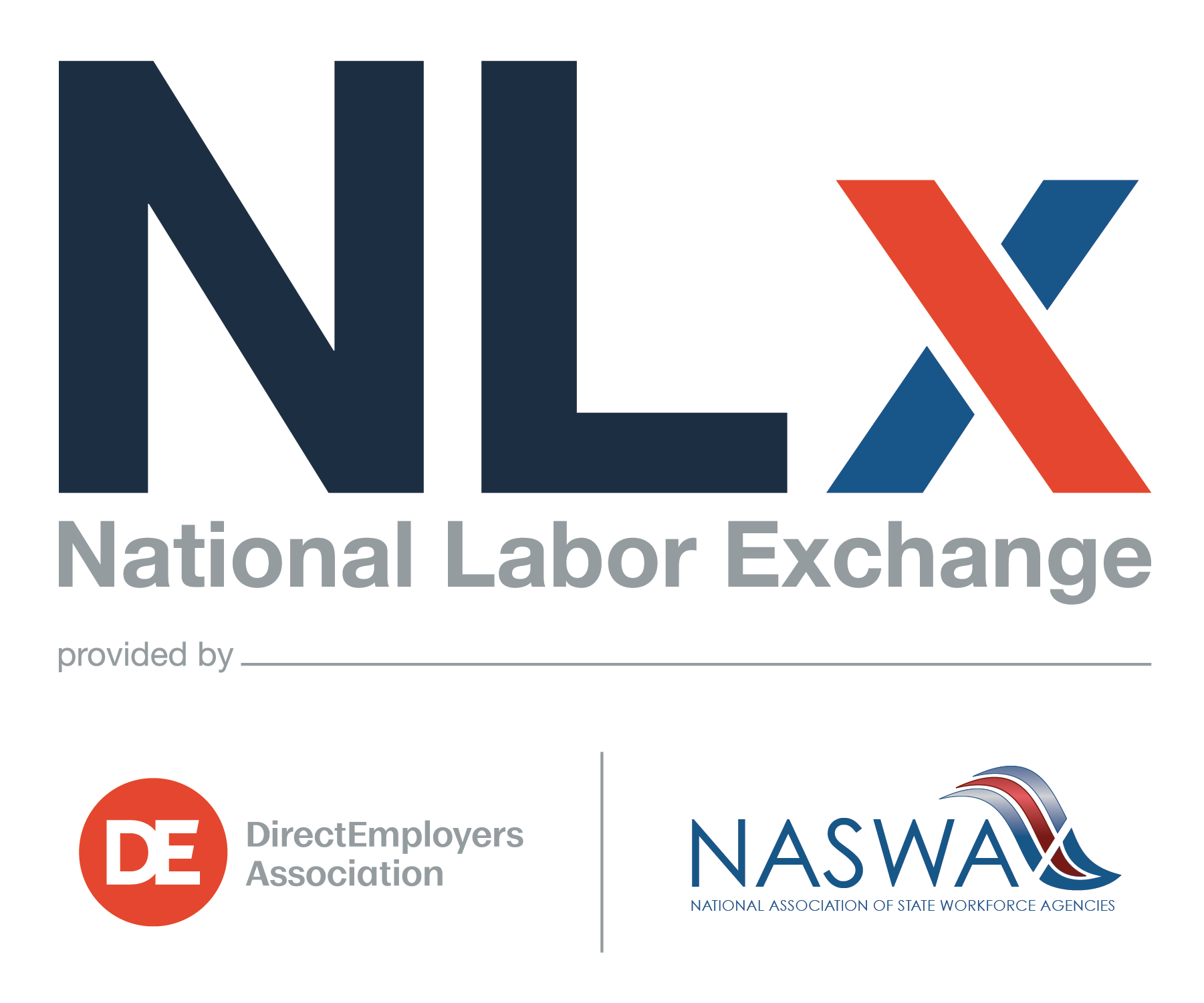
NeedAJobNow.USNLx.com contains over 400,000 job openings and continues to grow daily. While many employers are downsizing their staff, others are significantly increasing their hiring efforts due to current demands. Through this initiative, DirectEmployers and NASWA will assist in bridging the gap between job supply and demand by offering an easy way for job seekers to gain access to current open positions and for employers to fill positions quickly and efficiently during these difficult times.
Wednesday, April 1, 2020: IRS Issued FAQs on FFCRA Sick Leave and Tax Credits

- the Emergency Paid Sick Leave Act (EPSLA), which entitles workers to up to 80 hours of paid sick time when they are unable to work for specific reasons related to COVID-19
- the Emergency Family and Medical Leave Expansion Act (Expanded FMLA), which entitles workers to certain paid family and medical leave.
The FFCRA provides that employers subject to the EPSLA and the Expanded FMLA paid leave requirements are entitled to fully refundable tax credits to cover the cost of the leave required to be paid for these periods of time during which employees are unable to work (which for purposes of these rules, includes telework). Certain self-employed persons in similar circumstances are entitled to similar credits.
Read an overview of the COVID-19-Related Tax Credits for Small and Midsize Businesses and frequently asked questions on the IRS website.
Where can I get more information?
- Coronavirus Tax Relief
- Department of Labor’s COVID-19 and the American Workplace
Wednesday, April 1, 2020: OFCCP Ensured Data Safety

According to the statement, OFCCP has had a long-standing policy that requires compliance officers to store information received from contractors on the Agency’s secure network. The network is only accessible using government-issued computers through the Agency’s secure VPN. Also, all compliance officers are required to complete annual training from DOL and OFCCP on safeguarding data.
Contractors also have the option to send their data to OFCCP via their company’s secure data or email portals.
Thursday, April 2, 2020: World Autism Awareness Day
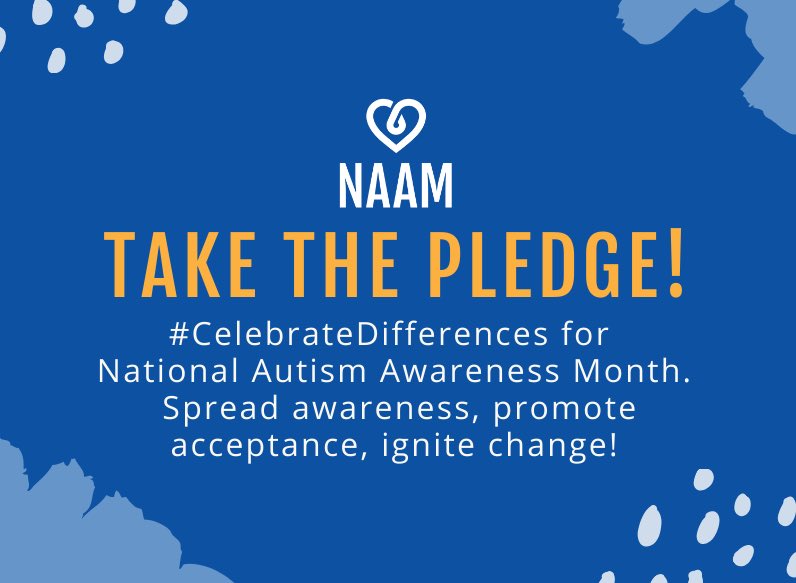
Joined by the international community, hundreds of thousands of landmarks, buildings, homes, and communities around the world come together to Light It Up Blue in recognition of people with autism and those who love and support them.
Autism-friendly events and educational activities will take place during the month of April, aiming to increase understanding and acceptance of people with autism, foster worldwide support, and to inspire a kinder, more inclusive world.
Join us for World Autism Awareness Month to help us spread kindness and autism awareness! Find out how you can get involved and #CelebrateDifferences.
Tools to Support Employers
- Workplace Resources for Autism Spectrum Disorder
- Accommodation Ideas for Autism Spectrum
- Understanding Autism: An Employer’s Guide
- Employing Individuals with Autism
- Framework for Neurodiversity at Work Pilots
Thursday, April 2, 2020: National Dialogue on COVID-19 Extended
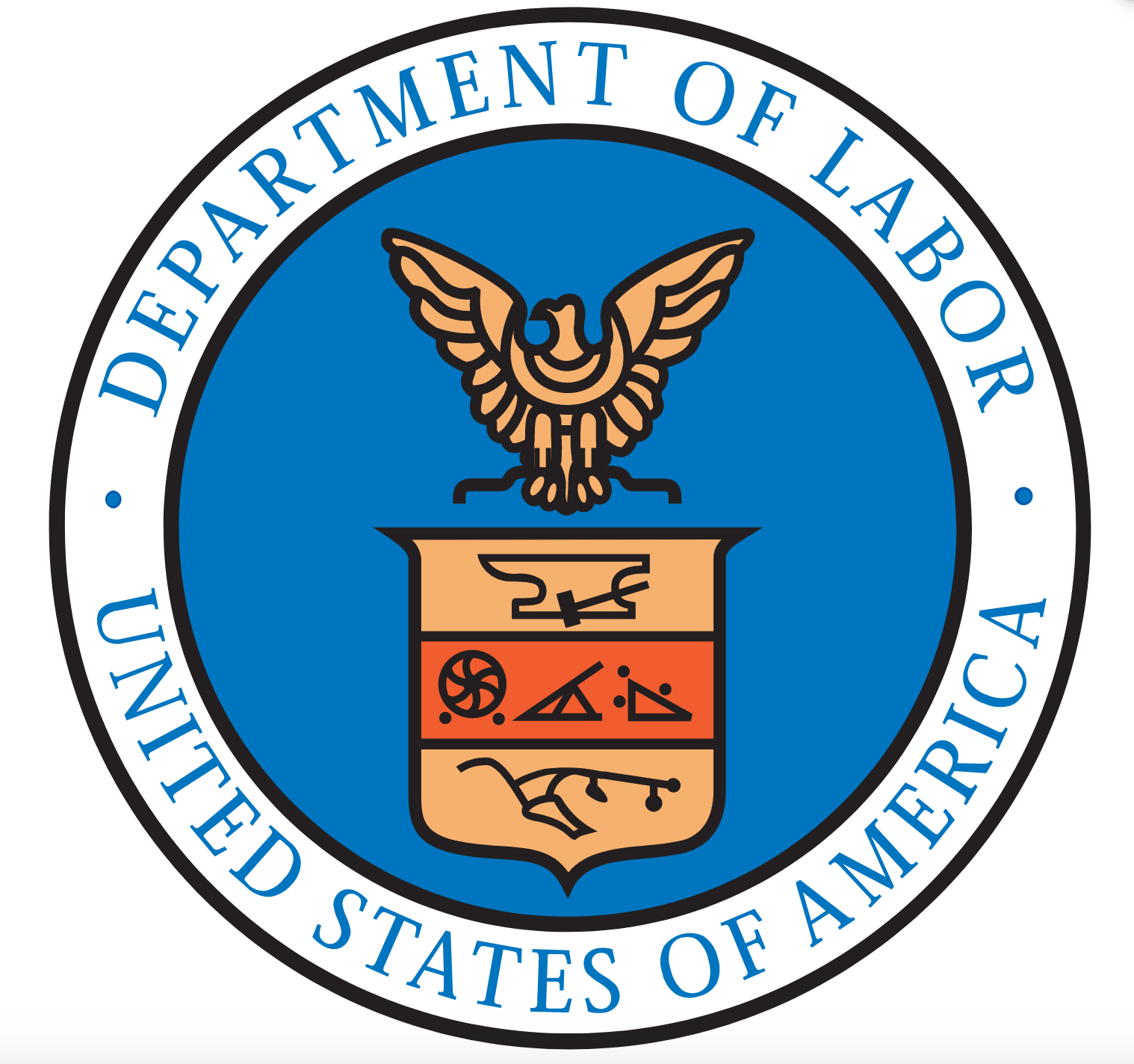
USDOL launched a campaign to solicit feedback on the FFCRA compliance assistance tools as part of the national online dialogue. USDOL has questions and answers, posters, and fact sheets available to help employers understand their obligations and employees understand their rights under the FFCRA. What about these tools is working? What isn’t working? How can we improve them to ensure they are understandable and accessible?
- Provide your feedback on USDOL’s FFCRA compliance assistance tools under the FFCRA Compliance Assistance Tools campaign.
Anyone interested can participate online through April 10, 2020.
Thursday, April 2, 2020: OFCCP Updates for FAAPs

- For FAAP contractors, and contractors interested to enter into FAAP agreements, OFCCP is available to meet by phone, WebEx, and Skype.
- OFCCP will email (for review and electronic signature) all requests for agreement modifications, new application requests, updates, and certifications of FAAP agreements.
- Director Leen will finalize agreements and return to the contractor electronically.
As a reminder, if contractors are experiencing any challenges related to COVID-19, OFCCP has indicated it will remain flexible to coordinate with contractors and, where needed, provide reasonable extensions.
FAAP contractors should reach out to OFCCP’s FAAP unit at OFCCP_FAAP-UNIT@dol.gov if they have any questions regarding their agreements.
Friday, April 3, 2020: March Employment Situation Released
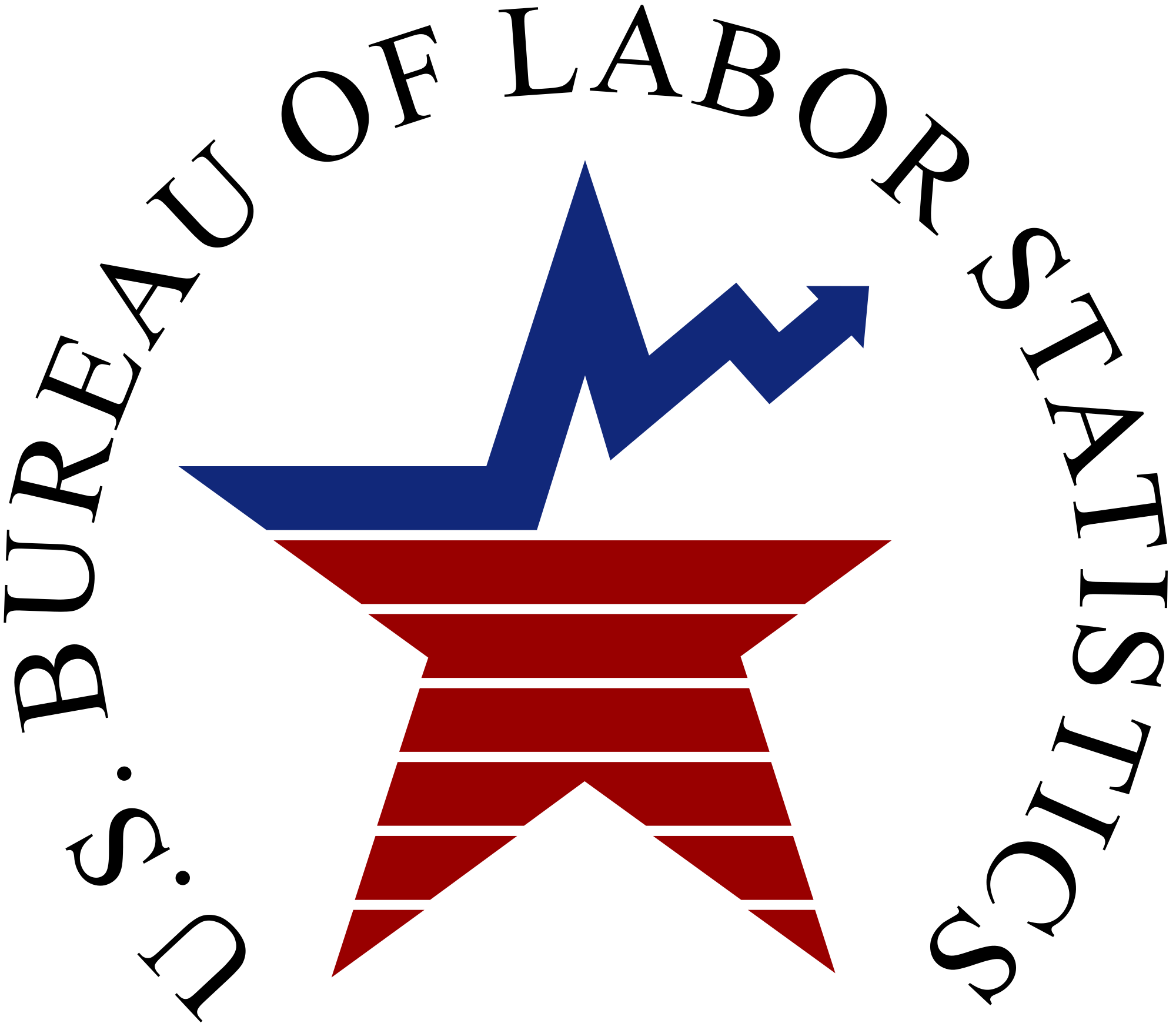
U.S. Secretary of Labor stated “This report reflects the initial impact on U.S. jobs of the public health measures being taken to contain the coronavirus. It should be noted the report’s surveys only reference the week and pay periods that include March 12; we know that our report next month will show more extensive job losses, based on the high number of state unemployment claims reported yesterday and the week before.”
| Unemployment Rates | March 2020 | March 2019 |
| National | 4.4% (Seasonally adjusted) | 3.8% (Seasonally adjusted) |
| Veteran | 4.1% | 2.9% |
| Individuals w/ Disabilities | 8.3% | 7.9% |
Friday, April 3, 2020: OSHA Issued Respirator Guidance

According to the guidance, due to the impact on workplace conditions caused by limited supplies of N95 FFRs, employers should reassess their engineering controls, work practices, and administrative controls to identify any changes they can make to decrease the need for N95 respirators. Employers may consider the use of alternative classes of respirators that provide equal or greater protection compared to an N95 FFR, such as the National Institute for Occupational Safety and Health (NIOSH)-approved, non-disposable, elastomeric respirators or powered, air-purifying respirators.
This interim (time-limited to the current pandemic) guidance is effective immediately and will remain in effect until further notice.
Visit OSHA’s Coronavirus webpage regularly for updates
Friday, April 3, 2020: Disability:IN Launched COVID-19 Response Series
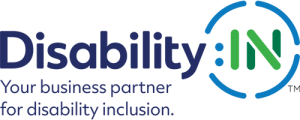
- Federal Resources
- Mental Health
- Accessible Tools & Content
- Global Resources
- Supplier Diversity
- Disability Community Resources
The response series also incorporates insights from Disability:IN corporate partners.
Friday, April 3, 2020: OFCCP Sent National Exemption Reminder

We reported details in our March 23, 2020, WIR, as well as clarifications in our March 30, 2020, WIR.
Friday, April 3, 2020: OFCCP Announced New Online Course

The Agency announced that its second course, “Affirmative Action Programs,” is now available on the platform. The 3-hour course consists of five modules:
- Affirmative Action Programs: three lessons, totaling 26 minutes
- Data & Responsibilities: two lessons, totaling 20 minutes
- Creating Your Program: three lessons, totaling 50 minutes
- VEVRAA: three lessons, totaling 41 minutes
- Section 503: three lessons, totaling 42 minutes
Friday, April 3, 2020: USDOL Announced Additional FFCRA Guidance

- a comprehensive webinar explaining which employers are covered, which workers are eligible, and what benefits and protections the law provides;
- additional questions and answers to the Wage and Hour Divisions (WHD) website;
- workplace posters translated into multiple languages
Follow the webpage “COVID-19 and the American Workplace,” for updates.
Saturday, April 4th, 2020: NLRB Launched a New Website

- The content has been organized to better enable navigation, and navigation has been reorganized to find information more easily. In addition, new graphical cues assist you in finding your way around the site.
- The site boasts new and improved accessibility on both desktop and mobile platforms, along with industry and government standards for better scalability.
Monday, April 6, 2020: WHD Issued Temporary Rule on Paid Leave under FFCRA
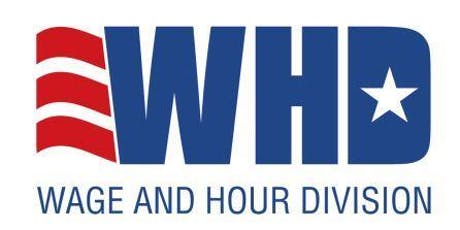
As an emergency Rule, the new temporary Rule is effective as of April 1 (i.e., before the publication of the Rule).
Prior to the release of the Temporary Rule, WHD announced on Wednesday additional information summarizing the Temporary Rule on a website, which also hosts other helpful links with resources.
THIS COLUMN IS MEANT TO ASSIST IN A GENERAL UNDERSTANDING OF THE CURRENT LAW AND PRACTICE RELATING TO OFCCP. IT IS NOT TO BE REGARDED AS LEGAL ADVICE. COMPANIES OR INDIVIDUALS WITH PARTICULAR QUESTIONS SHOULD SEEK ADVICE OF COUNSEL.
SUBSCRIBE.
Compliance Alerts
Compliance Tips
Week In Review (WIR)
Subscribe to receive alerts, news and updates on all things related to OFCCP compliance as it applies to federal contractors.
OFCCP Compliance Text Alerts
Get OFCCP compliance alerts on your cell phone. Text the word compliance to 55678 and confirm your subscription. Provider message and data rates may apply.


